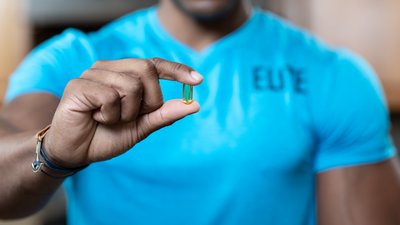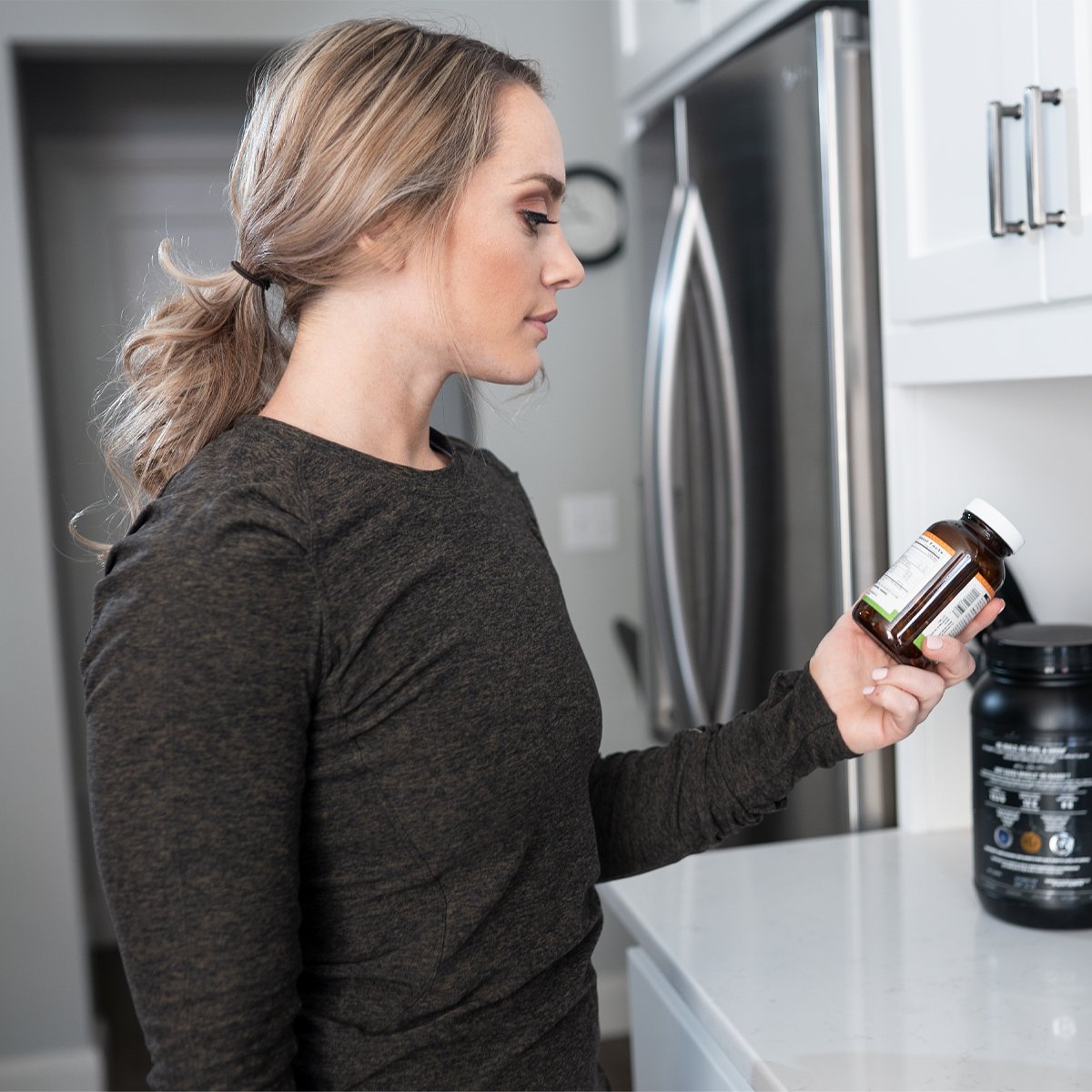Think of fat burners like a scope on a hunting rifle, only you're trying to hunt fat cells.
In this metaphor, your diet is the gun, and exercise is the ammunition. Fat burners may help you aim a bit better and target fat more efficiently. But without the heavy artillery of your diet, and some bullets in the chamber, a scope is just good for looking at things from far away—not for bringing home results!
So, what is a fat burner? As explained in the journal Obesity Reviews, the term "fat burner" is used to describe "nutrition supplements that are claimed to acutely increase fat metabolism or energy expenditure, impair fat absorption, increase weight loss, increase fat oxidation during exercise, or somehow cause long-term adaptations that promote fat metabolism."[1] However, that's a wide range of functions, and in pill form especially, it can mean a lot of things! So, let's dig a little deeper.
How do fat burners work? Some of the key ingredients used in fat burners are designed to stimulate hormonal reactions in the body, and to begin breaking down fat and using it as a fuel source.
The main ingredient in most fat burners is caffeine, which helps you lose weight by increasing your metabolism and helping the body use fat for fuel. It also helps provide energy for exercise and other calorie-burning activities. In the body, caffeine increases the breakdown of fatty acids that reside in adipose tissue—also known as belly fat. Once the fatty acids are broken down, they enter the bloodstream and can be burned up by our bodies to create energy.
One thing a fat burner won't do, however, is fix a broken diet. If you're eating for healthy fat loss, the way Krissy Kendall, Ph.D., explains in the comprehensive guide "How to Lose Weight," then a thermogenic fat burner can help with the other stuff: boosting energy, helping to curb appetite, promoting fat to be used for energy, and even increasing your metabolism and core temperature—what is known as "thermogenesis"—so you burn more calories throughout the day.


